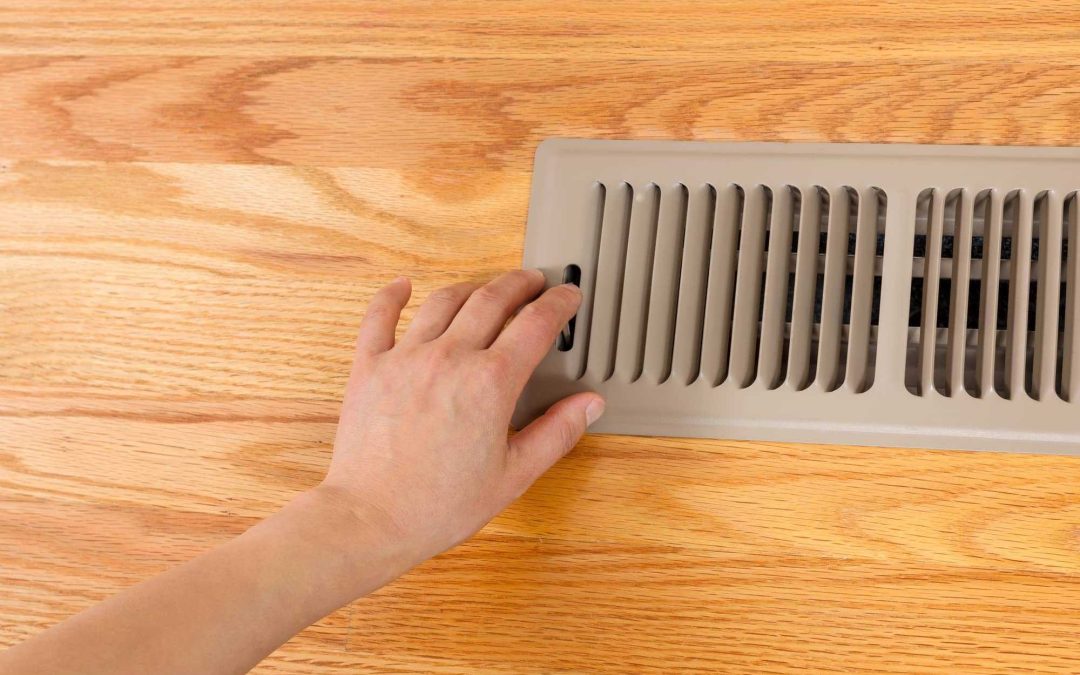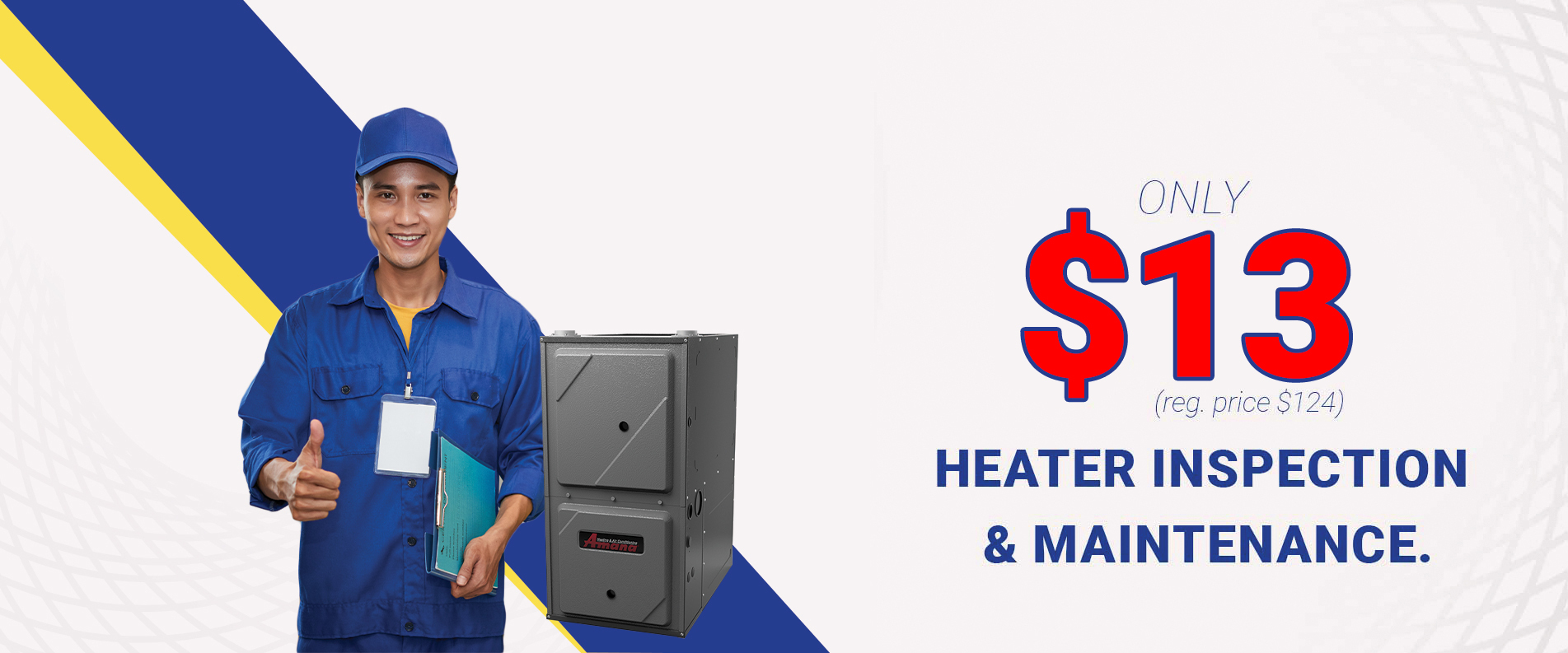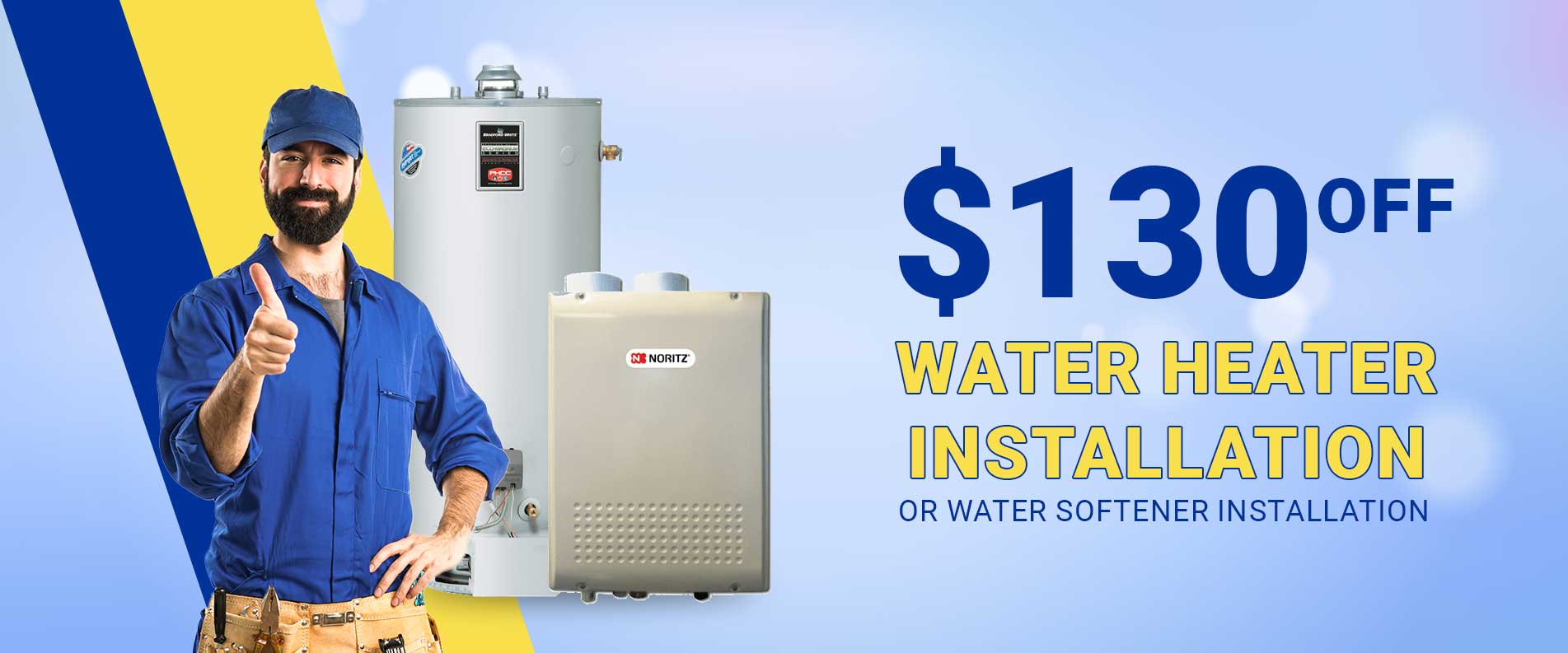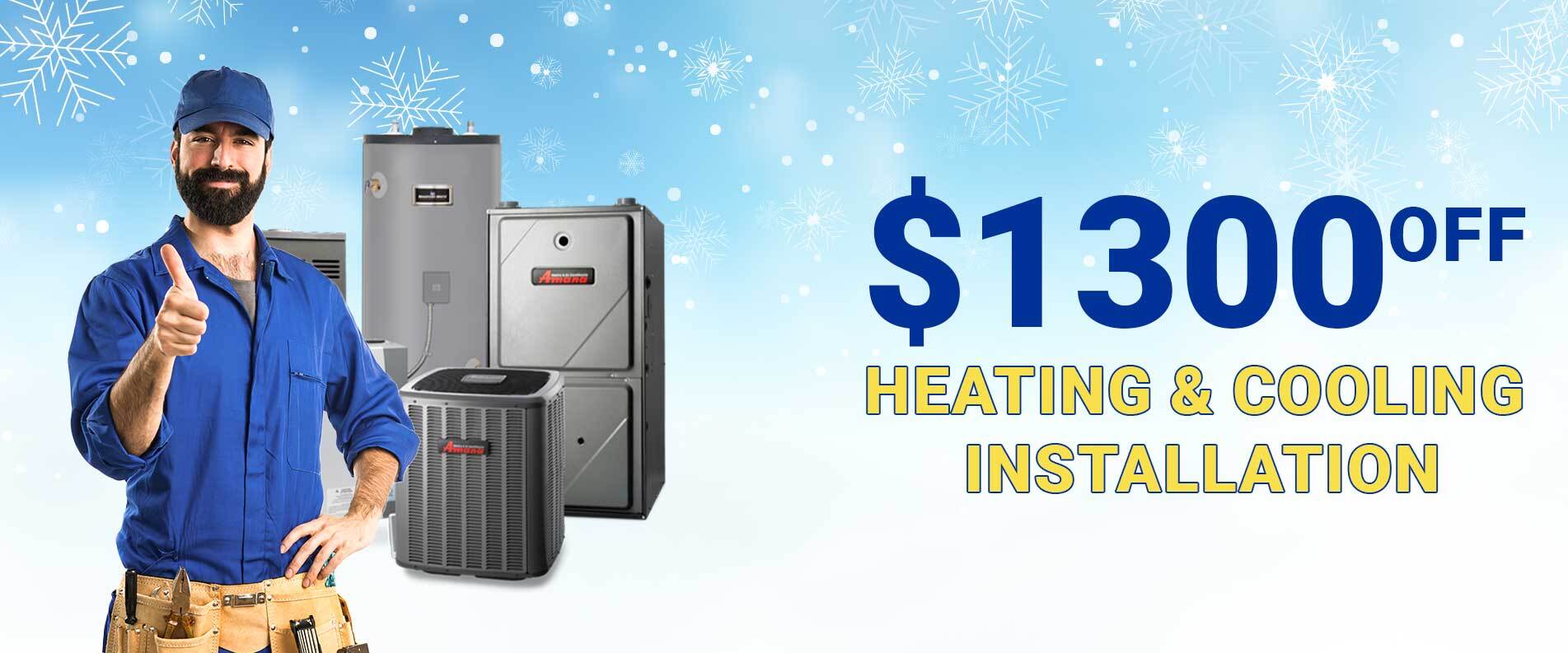When you think about the heating, plumbing or air conditioning system in your home, it’s easy to overlook the air filter itself.
An air filter, just like any filter, is there to protect you. The air filters on your engine, in your home, in your body are all designed to keep things working and keep bad particles and debris out.
The filter does more than just keep your engine clean or your heating or air conditioner running smoothly, it’s also great for keeping the air you and your family breathe clean as well.
They act like an invisible sponge, absorbing dust, pollen and other airborne particles that can lead to increased allergies or illness.
Why Do I Need an Air Filter?
As the air moves through your house, it carries dirt, spores, pet dander, allergens, bits of mold and other particles. These particles can cause allergies or irritate allergies you already have, making you sneeze, cough and irritating your eyes, nose, and throat.
The HVAC heats or cools the house by taking in the air, conditioning it, and sending it back out again, either cooled or heated.
Air filters keep that debris out of your lungs, out of your food and water, and protects the condition of your heating, air conditioning, and ventilation system.
Keeping yourself and your family healthy and the HVAC system clean saves money and prevents potential damages to the system and your home.
What Does the Filter Do?
Air filters are made out of pleated paper, foam or spun fiberglass. Most are disposable or can be easily cleaned. They trap the loose particles in the air so the contaminants don’t bother you or your HVAC system.
The air filter acts as a protector and works when the air is filtered back into the HVAC equipment to be conditioned and sent out again. The air is forced through the filter, and the material removes particles and other contaminants from the air.
If the filter gets clogged, your unit won’t heat or cool your home efficiently. It also blows out all that debris that has built up.
When Should I Use Air Filters?
The short answer here is, always. There’s never a good time to go filter-less. In the winter, your house keeps the cold out, but it also keeps the contaminants in.
Spring brings all the new flowers and blooming trees, newly mown grass, new bugs, and insects. Springtime is one of the worst seasons for triggering allergies and you want those to stay outside. Keeping your filtration system in perfect working order will help keep allergens to a minimum, if not eliminate them.
In the summertime, you might think all that lovely fresh air is so nice, but that’s where the pollen, the allergens and all kinds of other potential irritants and pollutants are. Flowers, trees, animal dander and droppings, exhaust from vehicles – the list is endless.
Types of Filters
There are three main types of air filters. These include fiberglass, pleated/polyester, and the high-efficiency filters. There are many different types of systems and some filters can be cleaned and reused, while others are disposable.
The type you use will depend on several things. If you or someone in the home suffers from allergies, if you have pets, or live in an area that gets a lot of pollutants or exhaust, you will need a higher efficiency air filter.
If you don’t know what you need, you can always get advice on what will work best with your heating and venting system.
Changing the Filter
Changing and cleaning your air filters are very important for the health of you, your family and your HVAC system.
The filter in a single occupancy home without allergies or pets can be good for up to a year.
A home with no pets, a couple or a couple with a child should look into changing it every three months.
If you have a cat or dog, you will need to change it every other month. If you have more than one dog or cat, you should consider changing it every three to six weeks.
The more household debris added to the air, the faster the filter gets clogged and can’t perform correctly.
If the air filters are clean after several months, there may be a problem. Check to see if the filter is in place properly. Make sure it fits, it’s the right type of filter, and that there isn’t any damage.
You might want to get the system checked if you think there’s a problem.
While You’re Down There
It’s always a good idea to give the equipment a once-over. Use a clean, damp cloth and wipe down any buildup, including dust, grime and other debris like pet hair.
If you’re using a cleanable air filter, you should wipe the frame inside and out.
Clean Air for Your Health
There’s never a bad time to start caring for yourself and your family. Clean air can prevent allergies from starting. It also keeps you safe from the pollutants that get in from outside.
Airborne pollutants can make you and the whole household sick. These include things like paint fumes, cleaning products, exhaust fumes, pesticides, plus other insects, molds, and bacteria.
Just because you don’t suffer from allergies, doesn’t mean you can’t develop them. Even the smallest of particles can irritate and trigger allergies. This includes cooking residue, smoke, the pet’s hair and dander, and indoor plants.
Breathe Clean
Get some professional advice and find out the best way to serve you and your family. A good air filter can make a huge difference to your health, and to the health of your HVAC system.
Getting a good system in place with proper filters will save you money on both healthcare and home repairs.
Call your experts for an estimate or any other advice you may need.





